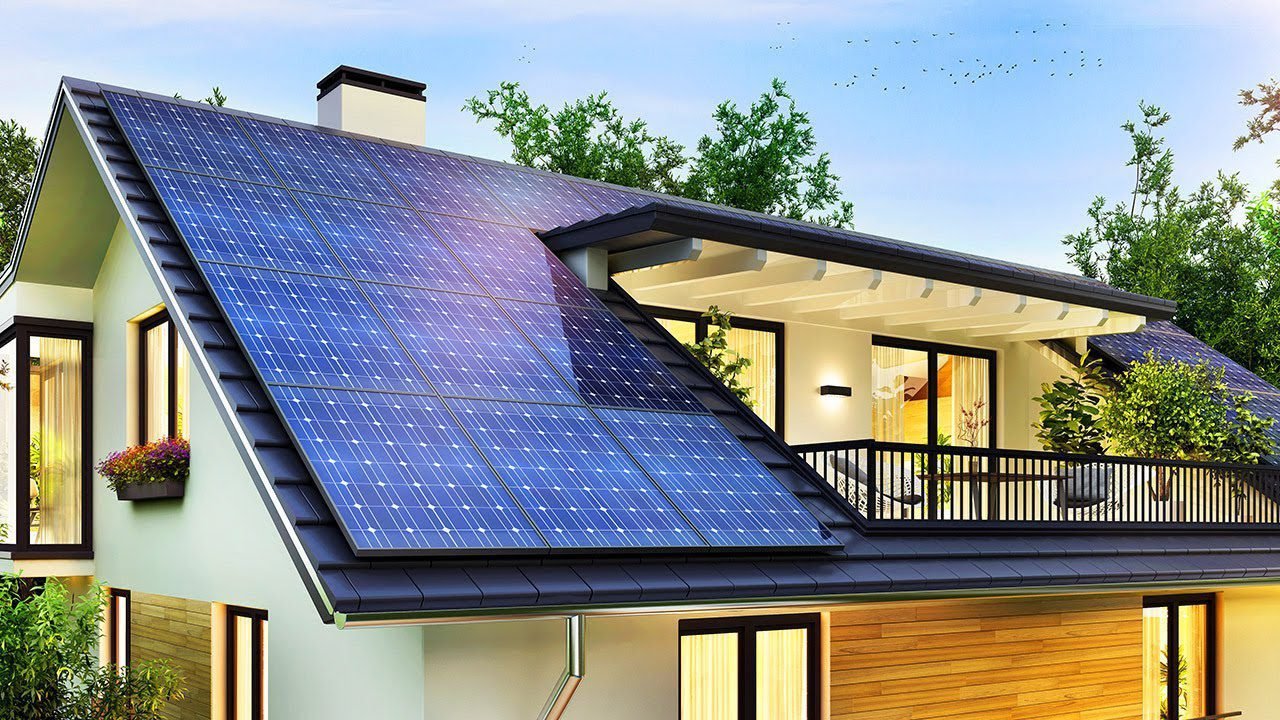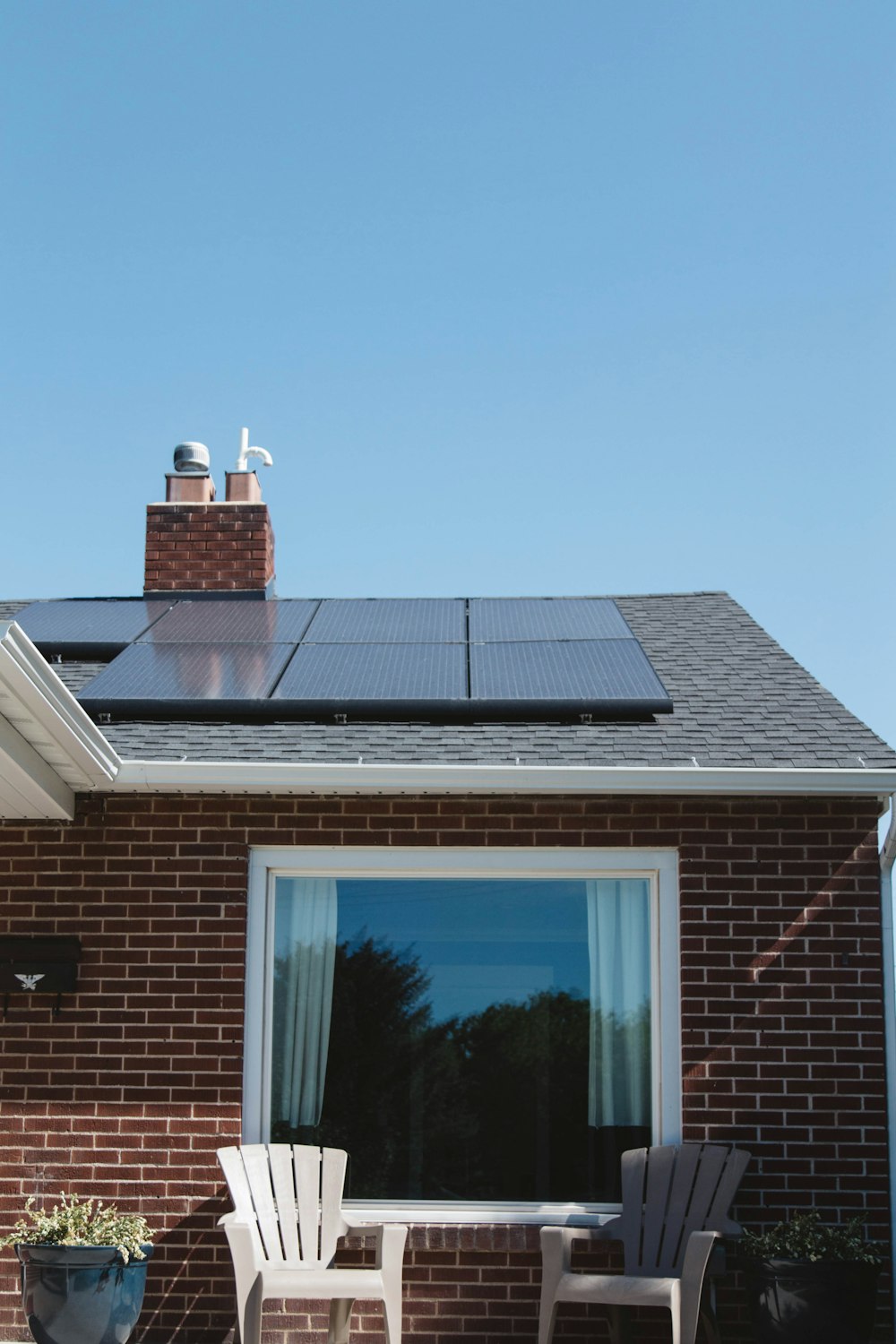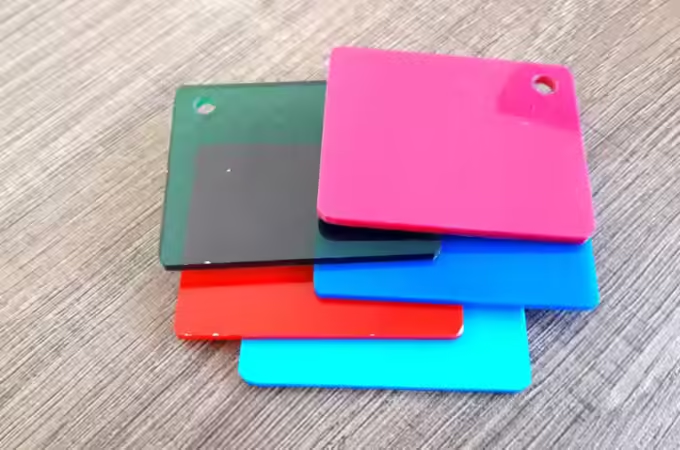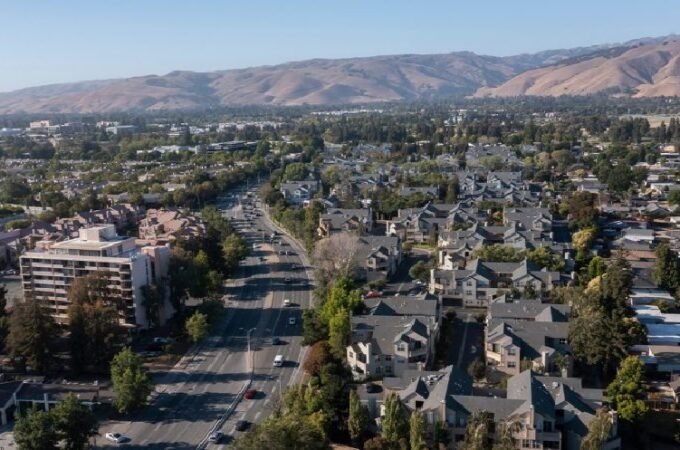
5 Things You Need to Know About Residential Solar Panels
Residential solar panel installations have increased in popularity over the last ten years. As more people become conscious about energy use, the ongoing trend is to look for alternative sources of electricity. And with this new appreciation for clean fuel comes the increasing demand for roof solar panels. So, if you find yourself wondering whether installing a system at your home is worth it, here are answers to some of the most common questions asked about solar panel systems for home use.
Table of Contents
ToggleHow does a solar panel system for home use differ from a business installation?
There are both business and home solar panel systems – where the major difference is scale. A commercial project would usually power a company or an entire town. Usually, you’ll find that a residential system ranges between 6 and 12 kW. A commercial or business installation requires major financial investment and usually involves several investors. Because solar panels for home use are relatively small, the cost is manageable. But despite the reduced scale, it’s possible to generate enough electricity to save a good amount on your electricity consumption.
Is it expensive to install solar panels for your home?
A decade ago, the answer to this would have been yes. But, as the market has grown over the years, the price has also dropped. In the past, solar panels were considered a novelty. But now, they are a reasonable upgrade to any home which can also add value to the property. Nowadays, if you’re looking for a smart way to spend money on a home improvement project, solar panels are worth considering.
Are all solar panels connected to the main electricity grid?
Most solar panel systems for residential use are connected to the main grid. It includes net metering, which provides bill credit when you produce excess electricity. This is the perfect solution for times of the year when solar power production is at its lowest. All the credits you receive may be used to offset your electricity use.
If you don’t connect the system to the grid, you will depend completely on your solar panels for electricity. This means you’ll need to spend more on storage as well as a backup system for when there isn’t enough sunlight to power your home.
Is solar panel system installation labor-intensive and time-consuming?
Solar panel installers will first conduct a visit and inspect your home so that they can plan the installation. The actual process will require several days. But, this could depend on other factors too. For instance, connecting the system to the grid for net metering will add more time to the installation. Most of the time, it takes longer to plan and decide than to complete the actual work.
Is it a good investment if you plan to sell your property?
Homeowners often worry about the return on investment if they eventually move or sell the property. Most solar panel systems will last for up to thirty years. But the good thing is, a solar panel system could make your home easier to sell. It can add to the property’s value – which means it may make your house sell faster once put on the market.
Mark Ligon is the Marketing Manager at a leading e-commerce store in plumbing supply. Mark focus is on DIY projects and providing creative and practical advice to individuals looking to complete DIY projects of their own






